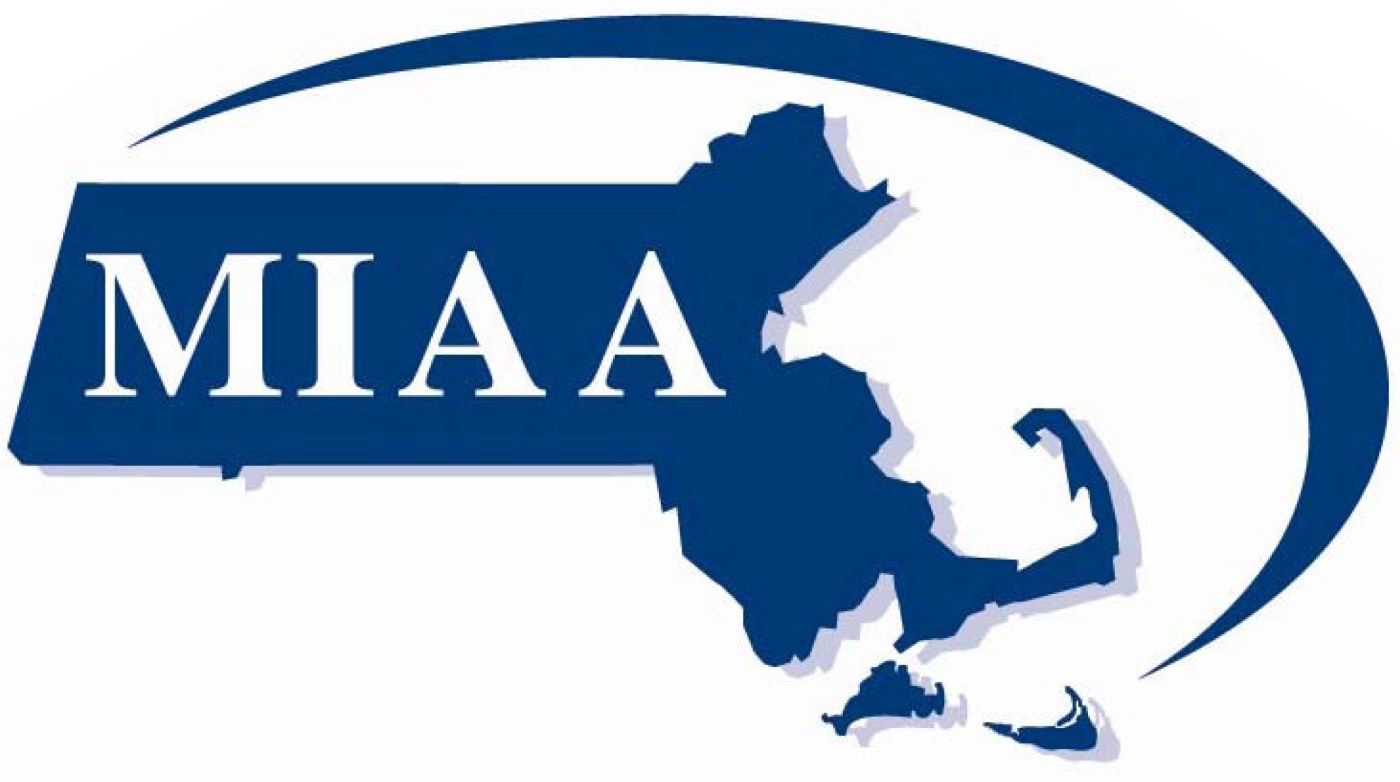
By 14-0 vote, Tournament Management Committee allows unbalanced divisions
The MIAA Tournament Management Committee decided that competitive balance was more important than having similar size decisions.
The committee voted 14-0 Thursday morning to allow divisions to be unbalanced for the sake of teams being where they belong. Tournament chair Shaun Hart reiterated the widely felt belief that moving teams around to keep the numbers in divisions as close to even as possible served to be detrimental in some cases.
“As a tournament director, the bottom two divisions in soccer are huge, which is fine because that’s where they should be,” said committee member Jeff Newhall of St. Mary’s. “It’s not right to have teams moving up into divisions where they shouldn’t be.”
Much of the meeting was spent debating whether to add para track and field athletes into a team’s overall score in a meet. While some committee members expressed concerns over how to properly implement scoring, many were swayed by the impassioned pleas of Joe LeMar, an at-large representative of the track committee and a former Olympic gold medalist at the 1992 Summer Paralympics in Barcelona.
“These kids deserve an opportunity to be an athlete,” LeMar said. “Right now, 16 states have it and now is the time to be recognized. I think adding scoring will help the sport grow and coaches will be going out there to find para-athletes.”
The committee voted 13-0-1 to add the scoring under the provisions as spelled out by the MIAA’s Keith Brouillard. There must be at least three competitors in the event in order for scoring to be implemented. If there were three athletes in that event, the scoring would go 2-1-0 in order of placement.
If there are more than three competitors in the same category in the same event, the point scoring is assigned as follows: divide the number of competitors by two, then round up to the next integer. This is the number of scoring places. Assign points starting with the winner receiving points equal to the number of scoring places, then reducing the assigned points by one point for each lower scoring place.
The final vote of the meeting came where the committee agreed on a recommendation by MIAA associate executive director Richard Pearson to allow late swimming entries a 24-hour grace in case of mistakes or corrections. Pearson’s rationale, with an eye on possibly avoiding legal issues down the road, was that student athletes shouldn’t be penalized for an honest mistake.
While the vote was unanimous, it wasn’t without a little pushback. Hart was clearly less than pleased with the grace period and questioned why even have cutoffs any more if they aren’t going to be adhered to.


